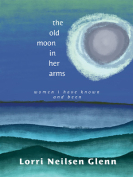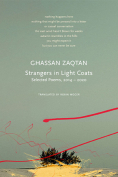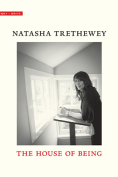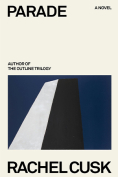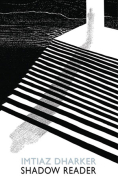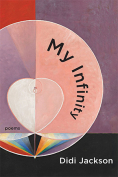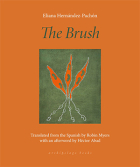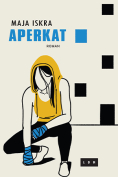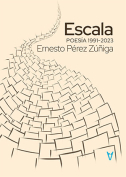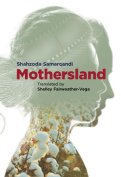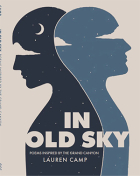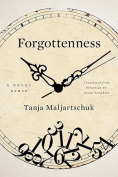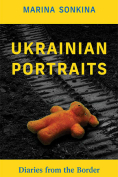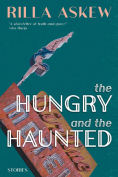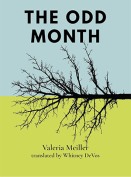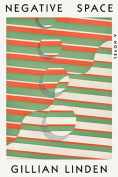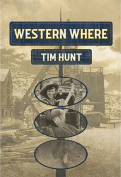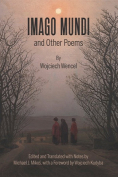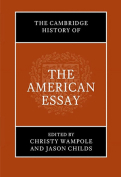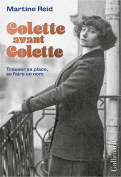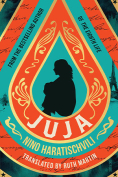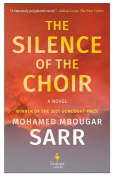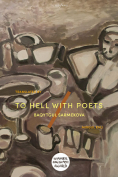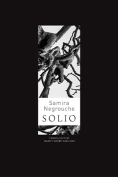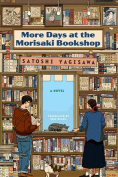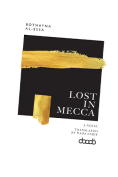To Hell with Poets by Baqytgul Sarmekova
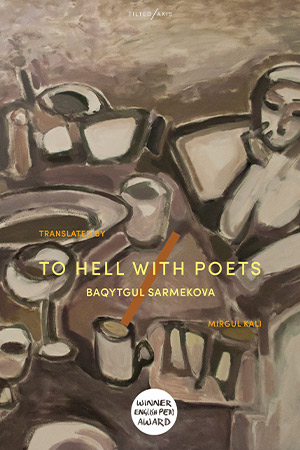 London. Tilted Axis Press. 2024. 107 pages.
London. Tilted Axis Press. 2024. 107 pages.
To Hell with Poets fits squarely within Kazakhstan’s rural narratology. And like other countries with a strong pastoral background (or, in the Kazakh case, a nomadic background), Kazakh literary identity draws heavily on the maqal, or proverb. As an expression of a people’s spiritual cache, judgment, and collected wisdom, proverbs are a peephole into the simple, pared-down side of a culture.
Baqytgul Sarmekova’s stories are also pared down and take some abrupt twists that are usually seen in proverbs: main characters die sudden deaths, animals scheme and connive, drunks are stumbling buffoons, sons and fathers face off in duals of values, as the youngers try to escape the “shabby aul life” in the rural fortified villages. Rural accoutrements—sheep, fire pokers, handwoven rugs—are measured against urban contrivances—stray dogs, cars, chandeliers—and often come up short. Allusions are rural, visceral, animalistic: breasts quiver like “intestines filled with sour cream,” a man looks like “a pig that had been wallowing in the mud,” shoes are the color of “your favorite ram lamb.”
A few clunky storylines are elevated by well-observed inner lives, which come like shims of light, the best of which is the woman who finds joy in her powers of evil observation: to notice one friend’s lipstick-stained teeth in a moment of joy, or how another’s aversion to wrinkles keeps her from smiling.
Proverbs crop up quite readily in Kazakh conversation and writing, and while some contain a modern relevance (“Grasp all, lose all”), many starkly reveal the nation’s pastoral origins (“If you raise livestock, raise sheep; it is profitable”), its horse sense (“The horsehair rope around the man’s neck will not rot”), and an unfortunate tendency toward misogyny (“Do not bring up a boy, bring up a girl; you will get money for the bride”).
Sarmekova shows this discord well, although it seems ominous to note that more than a few stories end on bitter notes: doors swing on creaking hinges, wind whistles over an empty plain, dry eyes squint on an uncertain future.
J. R. Patterson
Gladstone, Manitoba
